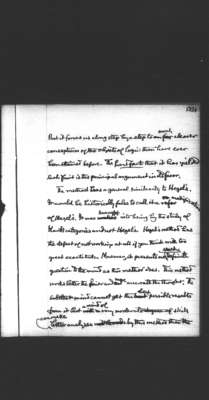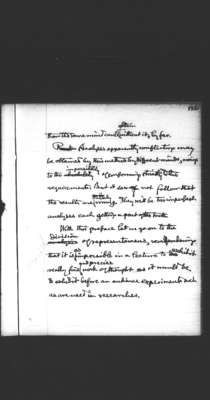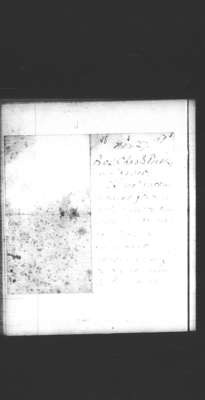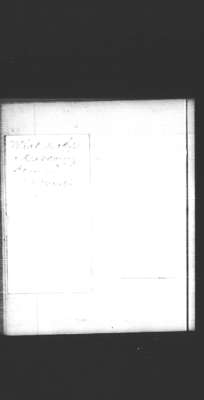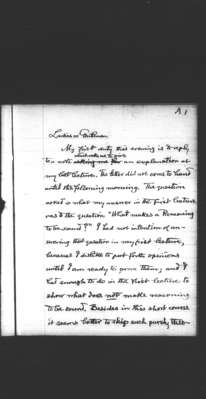Pages
86
124
But it forces us along step by a step to much clearer conceptions of the objects of logic than have ever been attained before. The hard fact that it has yielded such fruit is the principal argument in its favor.
The method has a general similarity to Hegel's. It would be historically false to call it a modification of Hegel's. It was brought into being by the study of Kant's categories and not Hegel's. Hegel's method has the defect of not working at all if you think with too great exactitude. Moreover, it presents no such definite question to the mind as this method does. This method works better the finer and more accurate the thought. The subtlest mind cannot get the best possible results from it; but a mind of very moderate skill can make better analyses by this method than the
87
126
than the same mind could obtain without it, by far.
Analyses apparently conflicting may be obtained by this method by different minds, owing to the impossibility of conforming strictly to the requirements. But it does not follow that the results are utterly wrong. They will be two imperfect analyses, each getting a part of the truth.
With this preface let us go on to the analysis division of representamens, remembering that it is as impossible in a lecture to exhibit really fine and precise work of thought as it would be to exhibit before an audience experiments such as are used in researches.
90
A1
My first duty this evening is to reply to a note which asks me to give an explanation at my last lecture. The letter did not come to hand until the following morning. The question asked is what my answer in the first lecture was to the question “What makes a Reasoning to be sound?” I had no intention of answering that question in my first lecture, because I dislike to put forth opinions until I am ready to prove them; and I had enough to do in the first lecture to show what does not make reasoning to be sound. Besides in this short course it seems better to skip such purely theoretical
